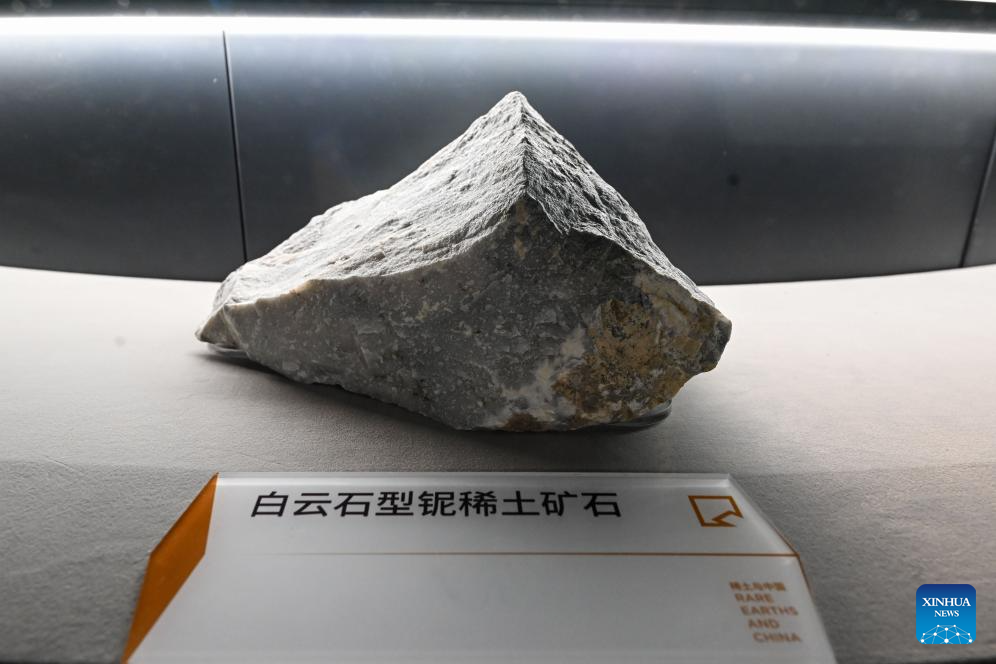
China has imposed export controls on a range of core rare earth technologies, covering areas from mining and smelting to the recycling of secondary resources, according to information released by the Ministry of Commerce.
Approved by the State Council, the new measures, revealed on Thursday, mandate that overseas organizations and individuals must obtain a dual-use item export license from China's Ministry of Commerce before shipping controlled items to destinations outside of China.
The ministry stated that the export of technologies, data and know-how covering the entire rare earth supply chain - from mining and smelting to magnet manufacturing and recycling, including the assembly and maintenance of production lines - is strictly prohibited without prior authorization.
The announcement outlines stricter review standards for certain applications. Export requests destined for foreign military end-users or for importers and end-users listed on China's export control list or watch list will not be granted permission.
Rare earth-related items possess dual-use attributes, and the implementation of export controls on them is an internationally common practice, said a spokesperson from the Ministry of Commerce.
In April, the Chinese government imposed export controls on these items for domestic organizations and individuals. However, some overseas entities and individuals have directly or indirectly transferred or supplied controlled items of Chinese origin - either in their original form or after processing - to relevant organizations and individuals.
These actions have led to the direct or indirect use of such items in sensitive fields like the military, causing significant harm or posing potential threats to China's national security and interests, the commerce official said.
ALSO READ: China to further streamline rare earth export applications
Furthermore, these activities have adversely impacted international peace and stability and undermined global non-proliferation efforts, the spokesperson added.
The rules specify that export applications for end-uses involving the "research, development, or production of logic chips at 14 nanometers or below, or storage chips with 256 layers or more", as well as for the manufacturing, testing equipment, and materials for such advanced chips, will be subject to case-by-case approval.
The same rigorous, case-by-case approval will apply to exports intended for the research and development of artificial intelligence with potential military applications.


